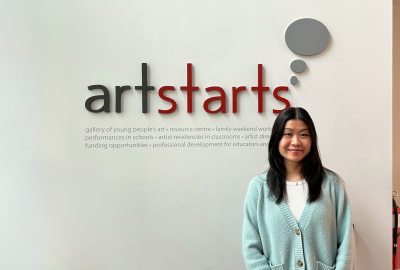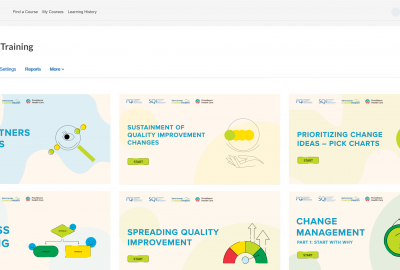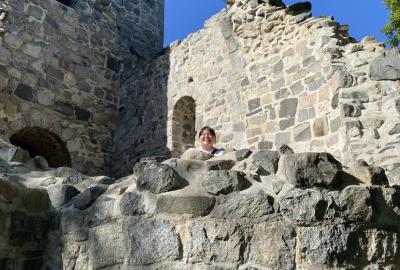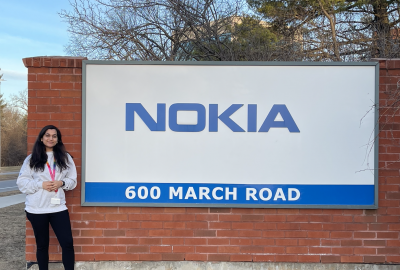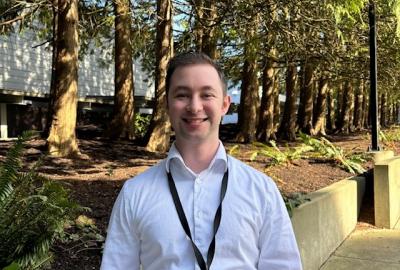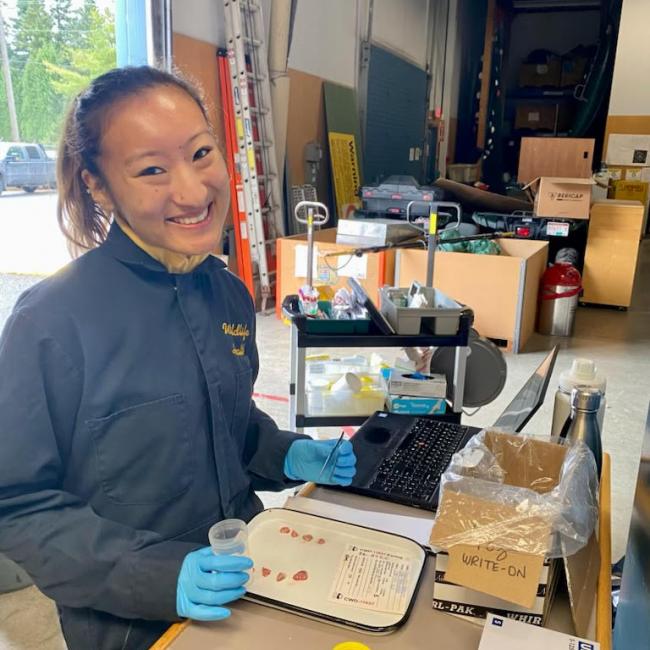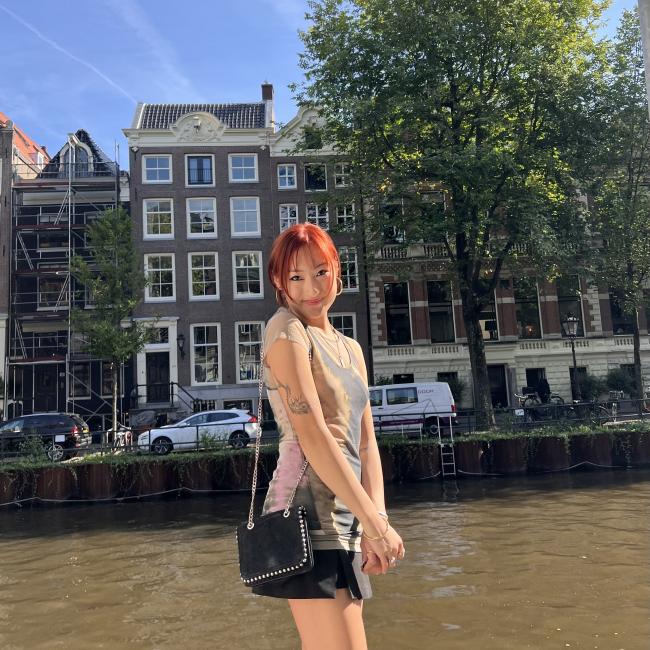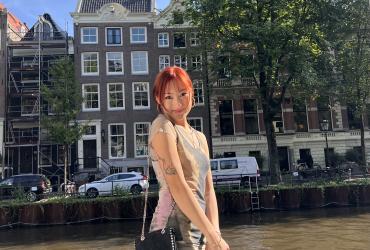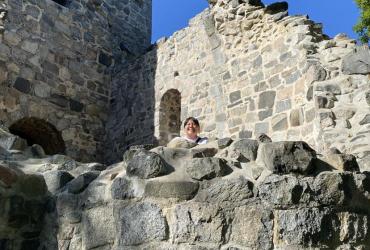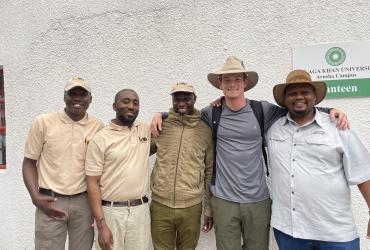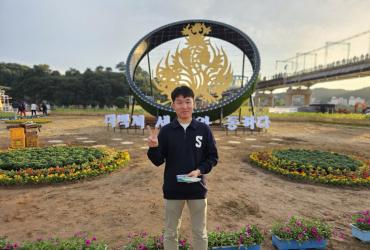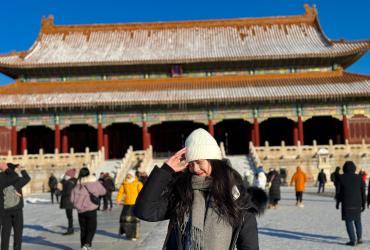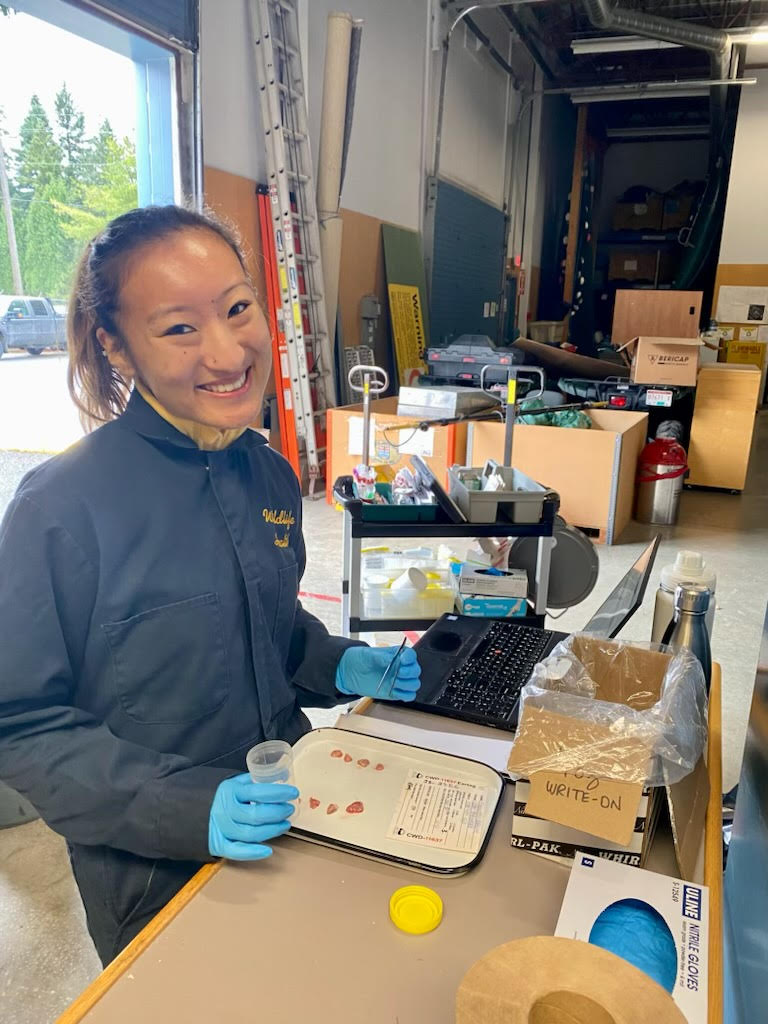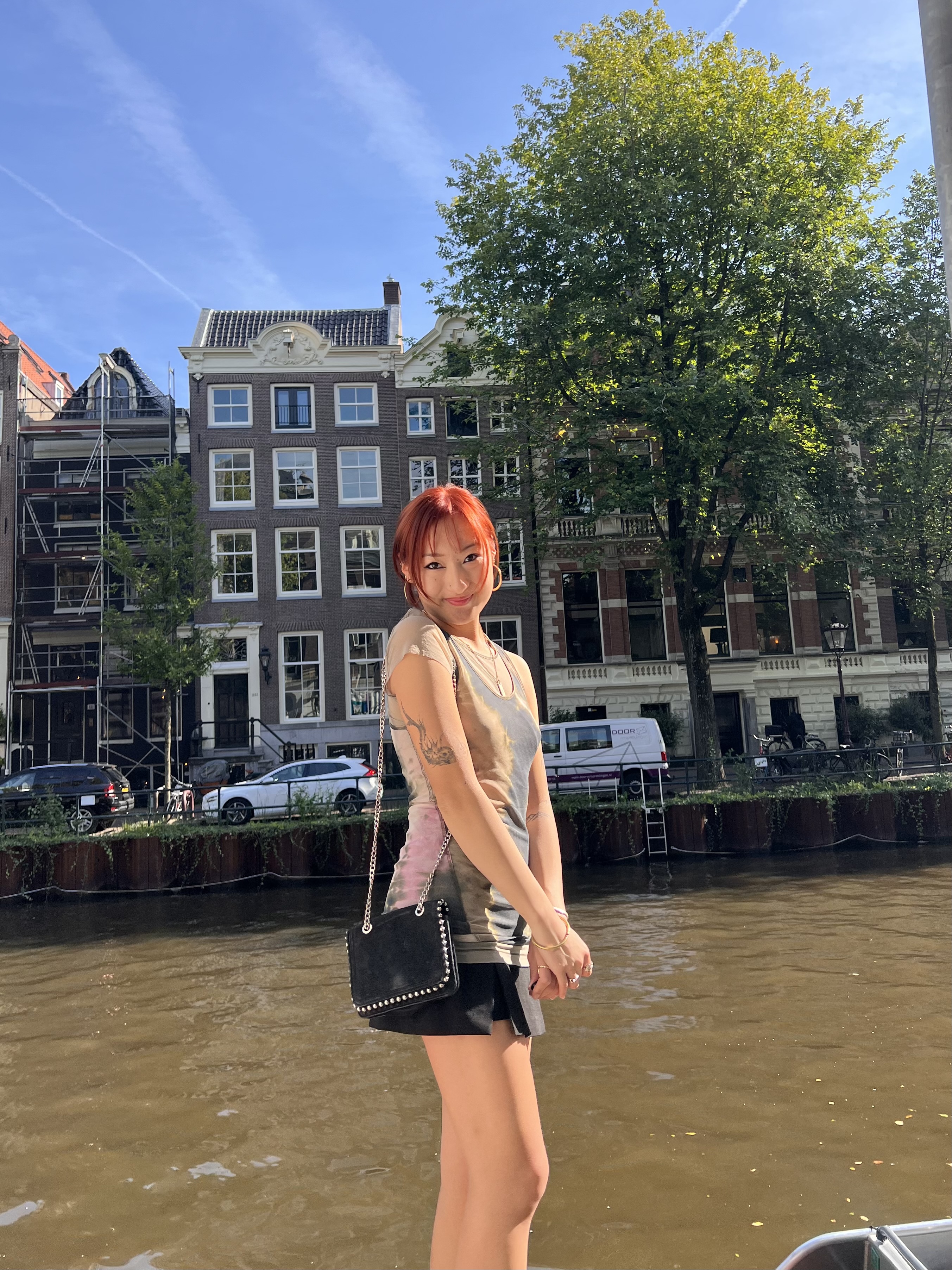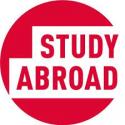Day to Day
I lived in Amsterdam South, a 5-min bike ride from the university I attended (Vrije Universiteit Amsterdam). I participated in a medical minor which required me to be on campus Monday-Friday. Typically I would wake up and bike to class in the morning, be in class until mid-afternoon, then bike home/to the gym. Evenings I would usually study or do my remote jobs. I tried to make as much free time as I could during the weekends to explore; thus I had the opportunity to get to know Amsterdam as well as visit other Dutch cities and take weekend trips to Spain, Sweden, Germany, and Belgium.
Accomplishments and Challenges
The biggest challenge I faced was by far housing. The housing crisis in Amsterdam is very difficult for both locals and expats. Despite looking for housing everyday for months beforehand, I ended up having to live in a hostel for 1.5 months before I managed to find a room to rent. The hostel room I was in was pretty typical, with 8 bunk beds with 1 shared bathroom and small lockers. It was also very expensive: one month cost me over 1000 euros. It was a very stressful experience to be without a home for so long, not knowing when I'd be able to find one, while attempting to get settled in a new country and keep up with my studies and remote job.
Cultural and Environmental Observations
Amsterdam is a great city to have the opportunity to live in. The city itself is small and dense, so you generally have everything you need in a close vicinity. If not, the transit system is very well-connected, albeit expensive. If you can, get a bike while you're there! It's the fastest way to get places and a great way to get to know the city.

